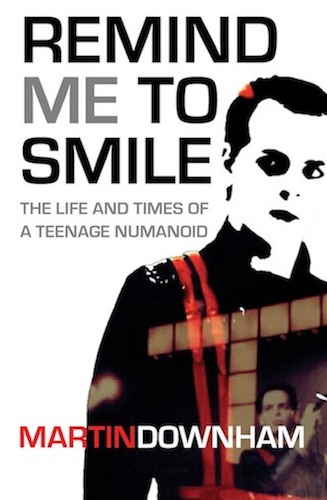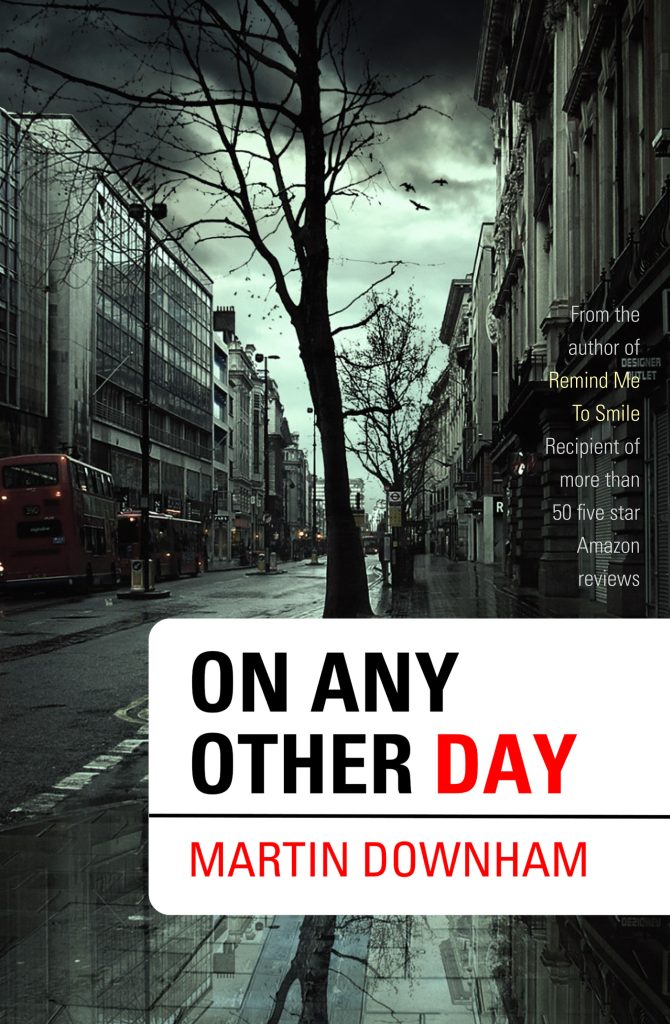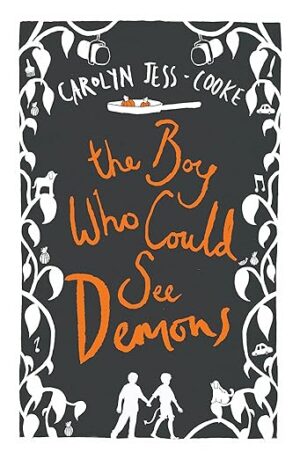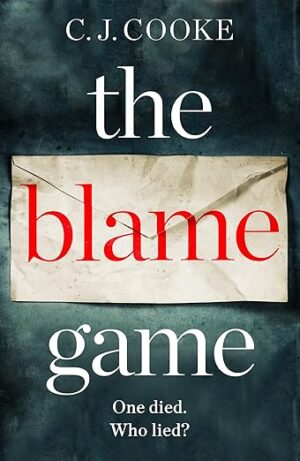There’s a well-known and well-used phrase that suggests, “Everyone has a book inside them.” And while it may not be necessarily entirely true, everyone should at least try and commit to print whatever they have brewing and buzzing deep within their imaginations. It’s never been easier to get a book printed via the various digital or print-on-demand platforms, although the challenge is getting it noticed in a market that’s saturated and competitive. What’s the unique selling point for your book that sets it apart from the other spy stories, fantasy epics, sci-fi sagas, musician biographies, books of intimate poetry or whatever the subject matter of your literary creation might be?
I’m in the fortunate position of having had a book published by a proper publisher, Hornet Books, who took a chance on getting “Remind Me to Smile (The Life & Times of a Teenage Numanoid)” to market. This started purely as an exercise to see if I could actually write a book, in this case, the story of my troubled teens in the strike-addled, 3-day weeks of the mid-1970s in the UK. I admit that I had the advantage of knowing my editor, David Roberts, from working with him at Guinness World Records in the early 2000s. When he set up a small but very keen publishing venture after he left Guinness and was looking for potential subjects for what he initially planned to print via Amazon, he decided he wanted stories about “Songs that changed my life” and challenged me to write my story. Firstly, I’d never written before to any appreciable degree, plus I had a full-time job and a young family to support, so opportunities for extended time at the keyboard were few and far between. But I accepted his challenge.
Was it easy? No – it took quite a few years to get the book into shape, going through many re-writes and many arguments with David about the tone, direction and even the title of the book. Even as an amateur, it came as a great personal affront to be told, categorically, that parts of what I’d written – where I sweated over every single word, paragraph and simile – simply weren’t good enough. It’s a situation that any budding author will probably find themselves in. Criticism is tough to take and on many occasions I considered trashing the whole thing, reluctant to make any changes whatsoever to my carefully-structured and lovingly-written prose. But that is an essential key, right there. Authors – or anyone involved in a creative project – are often too close to their work to see the weaknesses or the flaws. That is why it’s essential to get someone else to read your manuscript – someone whose opinion you value and who you will trust to be completely open and honest with their critique, critique that might involve significant criticism.
And it’s all about making your work better. David was 99% spot-on with his suggestions and comments and I’ll be honest, I look back now and read early drafts of my book, drafts I originally thought were fantastic and works of genius, and cringe! Just because I thought those original drafts were funny or entertaining or sad, doesn’t mean a potential audience reading the book would feel the same. So, get other opinions on your work or, ideally, secure the services of an editor to work with you to fine-tune your manuscript – and get a qualified proofreader! Don’t leave it to auto-correct!
Next time: Getting my book printed and published – and receiving my actual finished copy (and what happened next).
Martin Downham is the author of Remind Me to Smile: The Life and Times of a Teenage Numanoid and On Any Other Day, his first work of fiction.

















